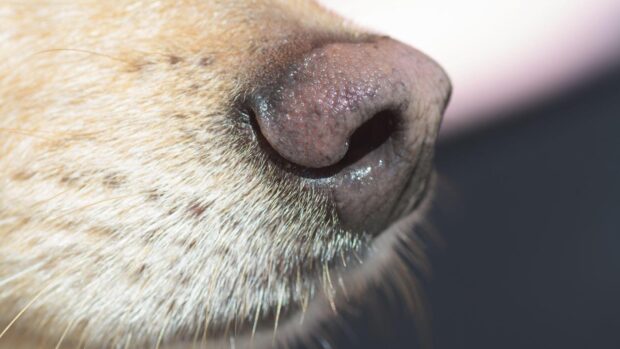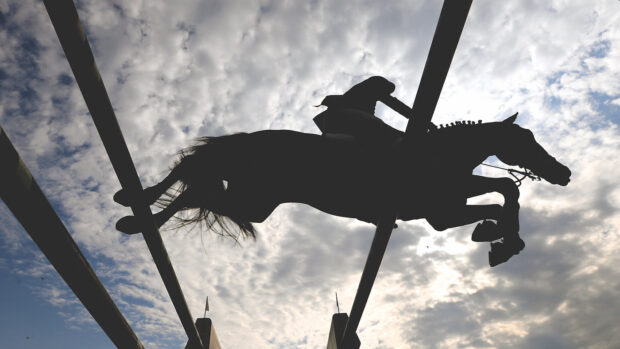Positive dope tests in Middle Eastern endurance have decreased from the peak of 51 in 2009-11, according to FEI figures.
But exactly who was selected for sampling is unknown because, since 2005, only tests made at European competitions are published, denying people a chance to see how much testing is taking place elsewhere.
Earlier this month Andrew Finding, chairman of the new endurance clean-up group, emphasised the role of trainers in doping offences in the Middle East, and revealed that repeat offenders could face lifetime bans.
“We also want to see the disciplinary procedures and penalties reviewed for both athletes and officials, and access to the field of play severely limited and enforced completely,” he told the FEI general assembly.
“We want to see the rules already in place properly used to test horses out of competition.”
In February, before endurance welfare issues caused global outcry, the FEI told H&H it would intensify medication control in the Middle East — which now accounts for 7% of all testing.
In 2012, 2,837 horses from all disciplines were dope tested at 322 European competitions, but a lower proportion of 1,040 were tested at 231 events in the rest of the world.
Stables owned by Sheikh Mohammed have featured in more than 20 tribunal doping cases. The sheikh himself was banned for 6 months for a steroids offence in the UAE in 2009.
In his 18 European international races since 2005, Sheikh Mohammed’s rides were tested twice (both negative), according to available FEI data. 15 of his starts were at FEI events at Euston Park, which was attended by sampling vets just 11 times in 27 fixtures.
Endurance vets have told H&H this is insufficient.
Results from the European Championships at Most in the Czech Republic in September show the winning UAE horse was sampled, but not the 2nd and 3rd-placed (from UAE and Bahrain), as required by the rules for championships.
A FEI spokesman said the Europe-only publication policy was long established, because that is where most competitive activity takes place. Publication would be rolled out worldwide from 2014.
This story was first published in H&H magazine (28 November, 2013)


